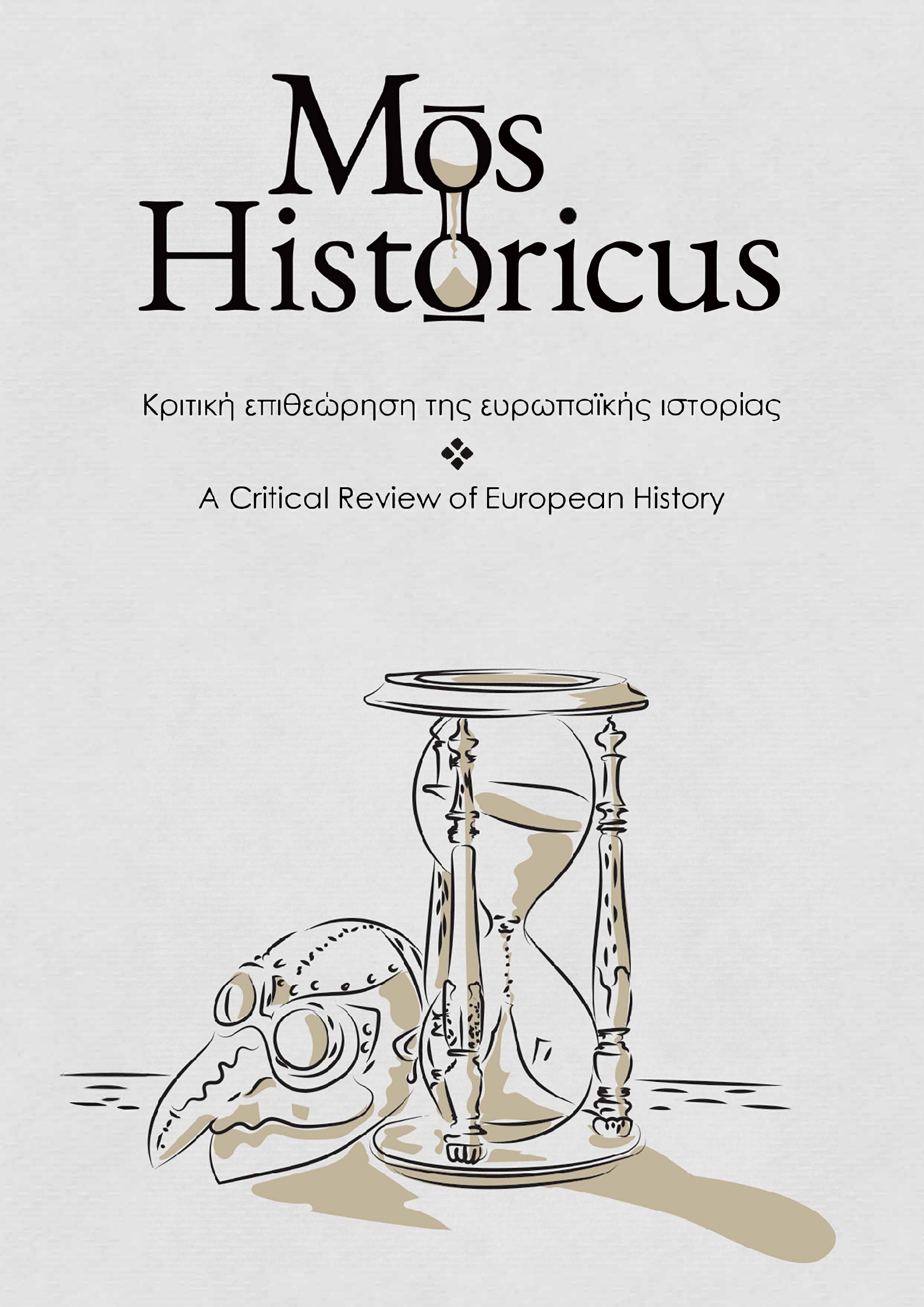The outbreak of new diseases in an era of religious and spiritual crisis: medical humanism and the control of the body and soul as a method of medical treatment

Abstract
The paper examines how the humanist physician and later professor of medicine at the great Universities of Italy, Girolamo Mercuriale of Forlì (1530-1606), addressed the issue of new diseases in medical as well as religious-social terms in his medical book De arte gymnastica (Venice, 1569), while he served as the personal physician of Cardinal Alessandro Farnese (1520-1589). Mercuriale's medical gymnastics, as a medical method for the treatment of new diseases, stands out as paradigmatic, on the one hand, of the scientific-medical culture of mid-sixteenth century Rome and, on the other hand, the political-religious strategies of the Catholic Church regarding the control of body culture in the context of the Counter-Reformation.
Article Details
- How to Cite
-
Kavvadia, M. (2023). The outbreak of new diseases in an era of religious and spiritual crisis: : medical humanism and the control of the body and soul as a method of medical treatment. Mos Historicus: A Critical Review of European History, 1(1), 59–78. https://doi.org/10.12681/mh.34277
- Section
- Articles

This work is licensed under a Creative Commons Attribution-NonCommercial 4.0 International License.
Copyright Ownership:
Authors retain full copyright over their work published in Mos Historicus: A Critical Review of European History. By submitting to and publishing in the journal, authors grant Mos Historicus the exclusive right to first publication. All published works are made available under the Creative Commons Attribution–NonCommercial 4.0 International Licence (CC BY-NC 4.0).
License Terms:
Under the CC BY-NC 4.0 third parties may copy, distribute, display, and adapt the work for non-commercial purposes only, provided that:
i. the original author and the original publication in Mos Historicus are properly credited,
ii. and any modifications, adaptations, or other changes to the original work are clearly indicated.


